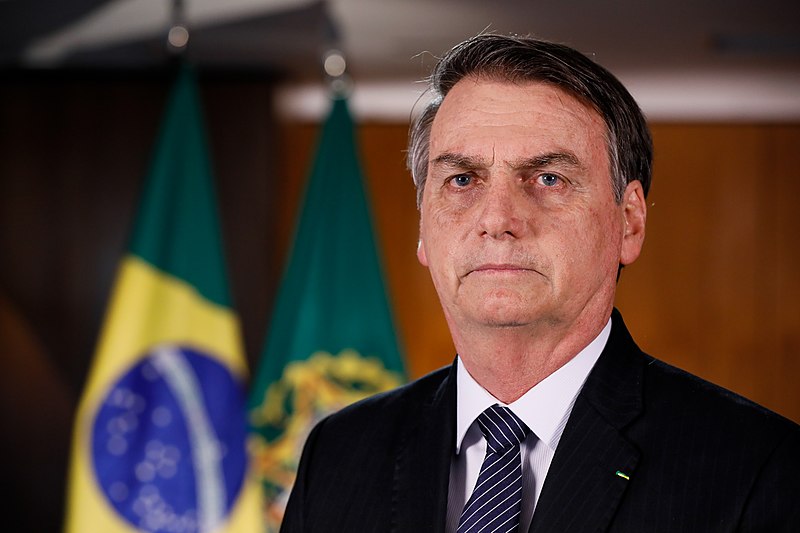The government says that what happens on its own land is nobody else’s business.
The G7 is the snappy nickname given to seven of the world’s biggest and most developed economies: Canada, France, Germany, Italy, Japan, the USA and the UK. Combined, these countries own over half of all the wealth in the world: a cool £260 trillion. So they could probably spare the £18 million they just offered Brazil to help fight the fires that are currently destroying large chunks of the Amazon rainforest. Brazil, however, was far from grateful. Originally its President, Jair Bolsonaro, refused to take the cash at all.
The aid money row is a culmination of months of bickering between Bolsonaro and more environmentally-minded countries about who has the right to decide what happens the 60 percent of the Amazon rainforest that falls within Brazilian territory. Bolsonaro is happy to have lots of it cut down, because deforestation brings economic rewards to some of his citizens: they can sell the wood, or use the cleared land for farming. Many other people (including many Brazilians) think the destruction of the Amazon would be a Very Bad Thing; for the economy, for the planet and for the human race.
That’s because the Amazon contains more than a tenth of all Earth’s land-based species (many of whom are valued worldwide for their beauty, commercial properties or medical purposes) and provides income for 1.5 billion people. And scientists think that if much more of it is destroyed, it will send the remainder of the rainforest into a death-spiralthat will accelerate the pace (and disastrous side-effects) of climate change. All of this will negatively affect people and economies far beyond Brazil. Unfortunately, non-Brazilians don’t get a vote on how the Brazilian Amazon is governed.
But they can exert political influence in other ways. For example; trade. Countries can make it more difficult or expensive for Brazil to buy and sell stuff internationally through things like tariffs (taxes which make buying Brazilian stuff more expensive and therefore less desirable) and embargos (banning their citizens and businesses from trading with Brazil). Another common tactic is to offer Brazil money in the form of investment or aid if certain conditions are met. Although as the G7 found out, going this route doesn't always get you results.
Read our explainer on: globalisation.

